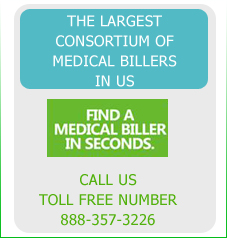Hospitals have many more auxiliary services that they regularly provide to their patients that are not provided by small clinics such as various specialist facilities including radiology, anesthesiology and such other similar services. The billing structure in a small practice is different from those in hospitals and is also much smaller and less complicated in nature. Various processes such as revenue cycle management, denial management, payer interaction, the way in which Electronic Health Records (EHRs) and Electronic Medical Records EMRs are implemented are different in small practices as compared to bigger hospitals. Moreover, the financial aspects and processes involved in a hospital are much more complicated compared to those in small clinics.
The fact that EMRs, EHRs and such other electronic equipment was originally made for hospitals is a witness to the reality that hospitals require and possess extensive implementation of technological equipment to provide efficient services. The billing process itself is different in a hospital compared to that in a physician’s office as well as when it comes to ‘Meaningful Use’ (MU) incentives. The physicians billing forms to insurance companies and payers are also different compared to hospitals.
The reforms have also considerably changed the medical billing processes and there have been changes on many levels in the industry. These changes are not just limited to core medical aspects but also encompass other “back-office” or departmental processes which have brought about an overhaul in every process including those for medical billing and coding. The transformation from ICD-9 codes to ICD-10, building the 5010 platform for the same, policy changes concerning insurance claims and denials, and the use of health IT has brought about numerous changes for hospitals and for small practices. However whether hospitals or small practices both these vehicles of health care deliveries need to streamline processes such as denial management, revenue cycle management, medical billing and coding, and other services to ensure revenue growth in the near future.
Experienced billers can perform numerous functions for hospitals as well as small and solo practices and can ensure timely and accurate reimbursement. Medicalbillersandcoders.com experienced professionals can not only handle the various departmental processes but can also ensure privacy and compliance of HIPAA guidelines for hospitals as well as for small and solo practices.





 RSS Feed
RSS Feed
